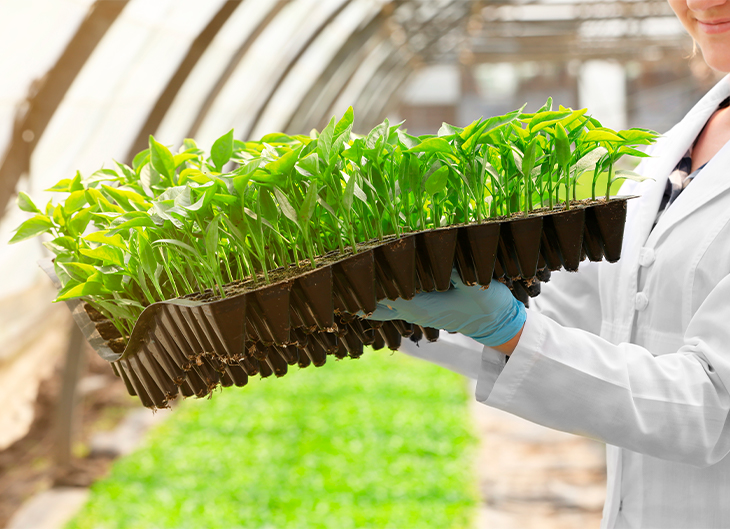
Developments in national plant health legislation
The general objective of the current plant health legislation of the European Union (EU) is to protect the European territory from the introduction and spread of plant pests. This protection is aimed at cultivated species and wild flora, whatever the environment.
It is also aimed at modernising trade-related plant health instruments, both within the EU (better traceability in the internal market) and from third countries, opting for a risk-based approach. Better surveillance should lead to early detection of outbreaks, which should lead to a greater likelihood of successful eradication, which should result in ensuring an adequate level of plant health.
The creation of this regulatory framework involved a complex process in which the new guidelines of the Treaty of Lisbon were incorporated, in terms of the typology of the legal acts of the European Union, which implied a change in the decision-making procedures.
The Plant Health Regulation (Regulation (EU) 2016/2031) in force is fully applicable from 14 December 2019 and lays down the rules for determining the phytosanitary risks posed by any species, strain or biotype of parasitic pathogens, animals or plants that are harmful to plants or plant products and measures to reduce the risks to an acceptable level.
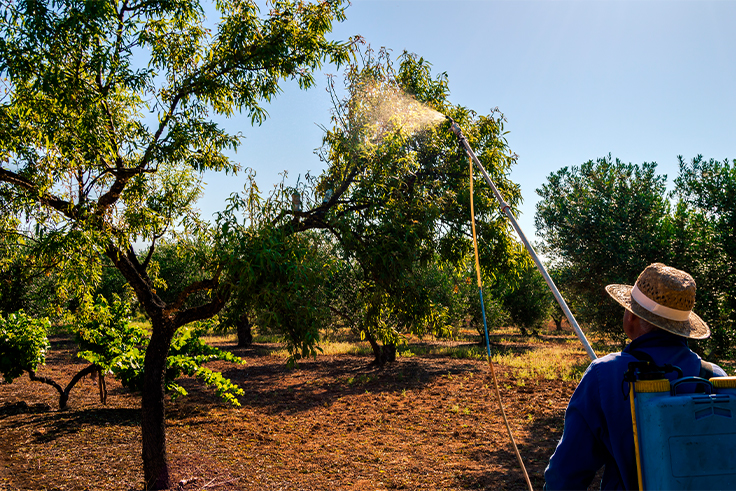
The latest European provisions on plant health and official pest controls draw a new phytosanitary framework and imply changes that must be incorporated into national regulations, also repealing certain regulations that are obsolete. In this sense, the Government has just adapted this national regulation on plant health to the new EU regulations by approving Royal Decree 739/2021. This standard includes the definitions and actions that must be carried out in accordance with the classification and severity of pests, and all control measures and the framework of action of both the authorities and official laboratories and operators. In addition, it establishes a communication system, a sanctioning regime and maintains the Plant Phytosanitary Committee as a basic coordinating body in sanitary matters at national level.
From now on, the horizontal basic legislation on plant health is articulated around three norms: the Plant Health Law and two royal decrees on protection measures against plant pests and controls, and on the registration of professional plant operators authorized to issue a plant passport and protection measures to be complied with that is currently in process for its next approval.
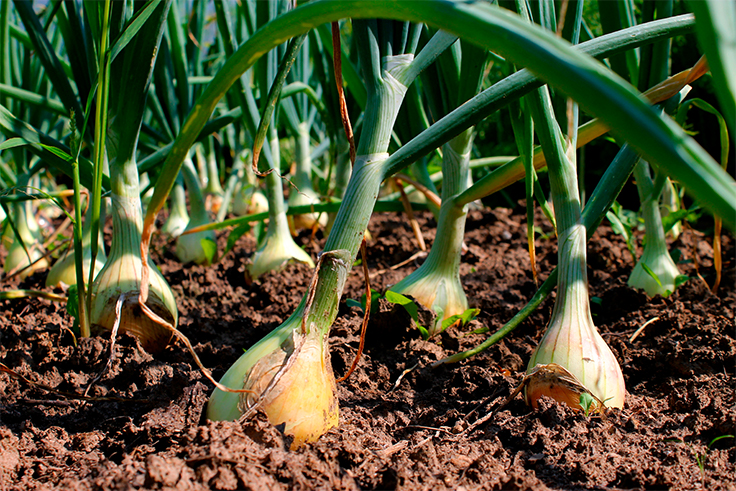
Another important novelty that is introduced in the day to day, is the creation of an Electronic Registry of Transactions and Operations with Phytosanitary Products (ERTO).
Through the aforementioned telematic record of transactions of phytosanitary products, it will be possible to guarantee, in real time, an integral traceability of the supply chain of these products.
To this end, and in accordance with the provisions of article 15 of Royal Decree 285/2021, of April 20, the MAPA has created a computer application to facilitate compliance by the sector, as well as provide management utilities to users of the computer application.
To be able to use ERTO, the first step that users must take is to proceed to SELF-REGISTRATION in the application, being necessary that the operator who intends to use ERTO is previously registered in the Official Register of Producers and Operators of Phytosanitary Products (ROPO), regulated in Chapter X of Royal Decree 1311/2012, of September 14, in the supply sector or the treatment sector thereof.
All operators registered in ROPO in the Supplier and Phytosanitary Treatments sectors are obliged to register transactions with phytosanitary products in ERTO. In this sense, the information to be recorded will depend on the operator:
- • Operator registered in ROPO in the Supply Sector.
- • Identification of the operation: purchase in Spain, sale in Spain, parallel import, EU import, EU export and non-EU export.
- • Date of the transaction.
- • Identification of the plant protection product (trade name, registration number in the Official Register of plant protection products and material and number or reference, if any, of the manufacturing batch).
- • Quantity of product subject to the transaction (container capacity and number of containers).
- • Identification of the supplier and buyer (registration number in the ROPO, name and surname or business name, address or registered office and NIF).
- • Operator registered in ROPO in the Treatments Sector.
- • Identification of the operation: acquisition or application.
- • In case of acquisition: identification of the supplier (registration number in the ROPO, NIF and name or company name).
- • In case of application: identification of the contracting party of the service (name and surname or business name, address or registered office and NIF).
- • Date of operation.
- • Identification of the plant protection product (trade name, registration number in the Official Register of plant protection products and material and number or reference, if any, of the manufacturing batch).
- • Quantity of product subject to the transaction (container capacity and number of containers).
- • In the case of applications, cultivation or object of the treatment carried out.

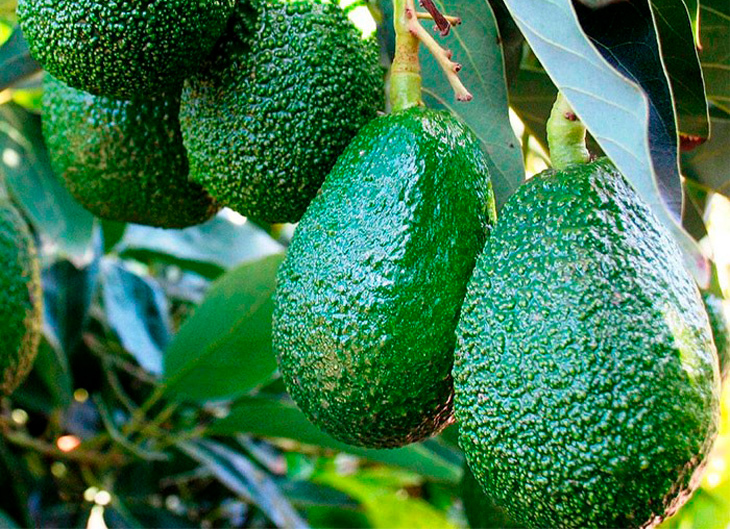
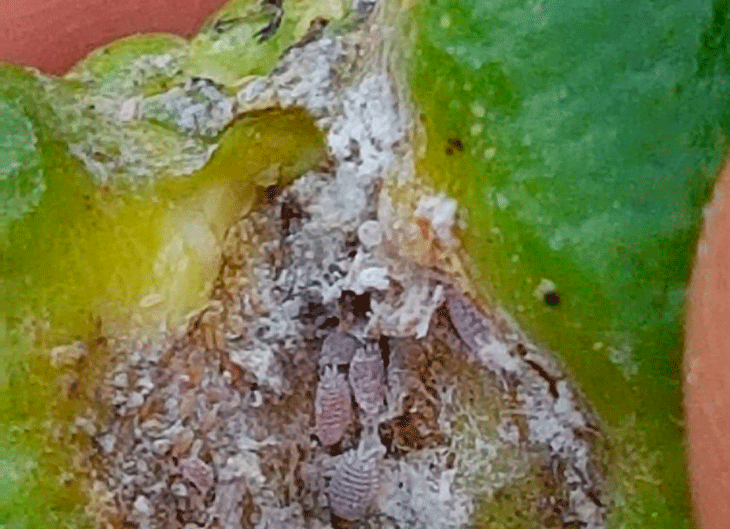
![IMG-20191031-WA0010[1]](https://www.agrometodos.com/wp-content/uploads/2019/12/IMG-20191031-WA00101.jpg)

